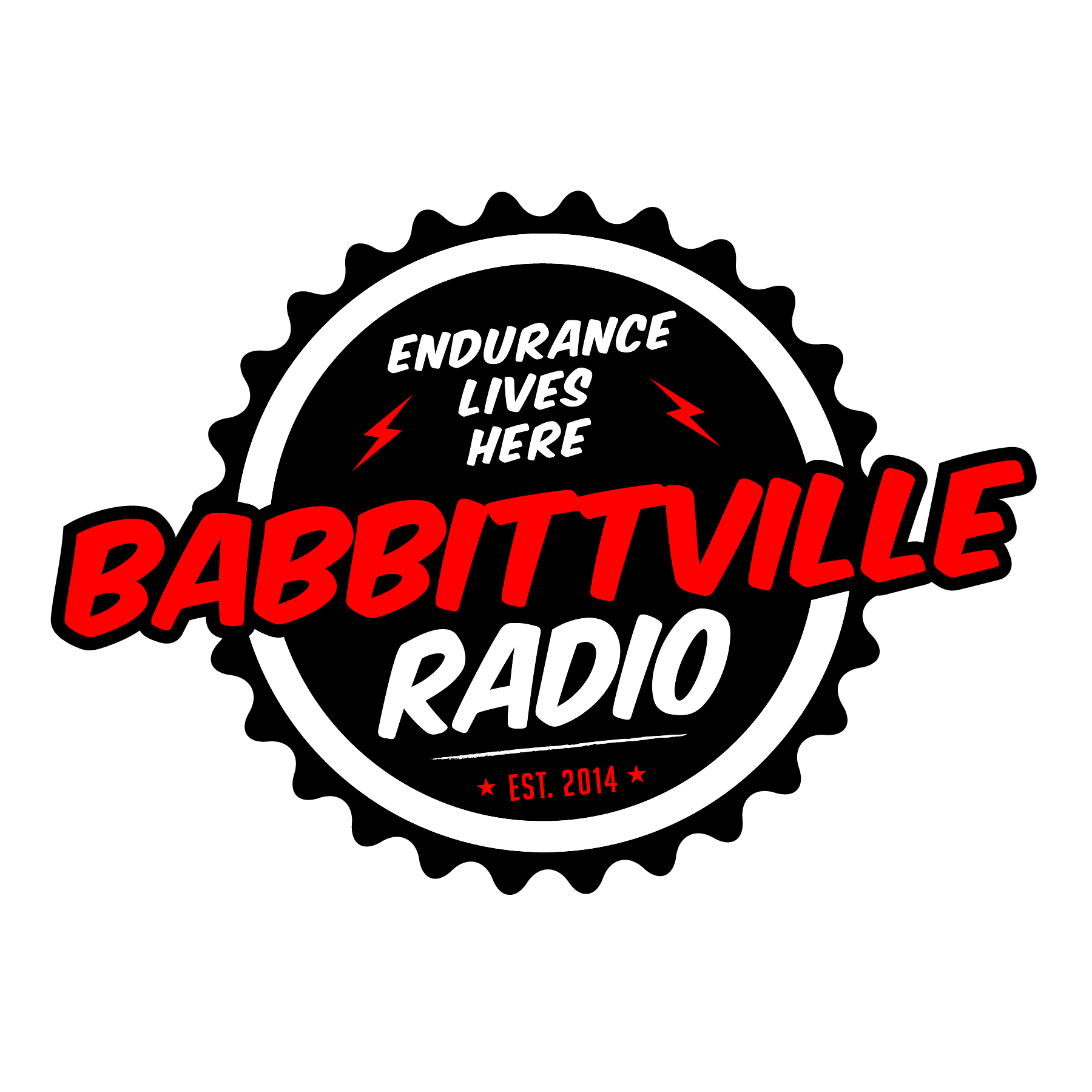
This photo is from the start of the 1979 Ironman, the second ever running of the event. The woman in the photo adjusting her goggles is the first woman to do the Ironman, Lyn Lemaire, and she went on to become the first women’s champion. There were 15 starters, 12 finishers and Lyn went 12:55:38 and finished fifth overall. Photo by Peter Read Miller
When Venus Williams stood up and took a stand on equal prize money for professional women tennis players, the arguments against her and her supporters were that the men’s field was stronger than the women’s at most events, that the men played the best of five sets rather than the best of three sets, and there was a tradition, that unequal prize money was the norm in the sport.
Tennis purists could rationalize all they wanted to. At the end of the day, equal prize money prevailed.
Just like having equal prize money was the right thing to do in tennis, having an equal number of professional men and professional women qualify to get to Kona is simply the right thing to do here. When the bylaws for Tri Fed, the first U.S. governing body, were being drawn up years ago, one of the leaders of triathlon and one of the greatest advocates for equality in sport, Sally Edwards, made sure that it was actually written into the bylaws of the sport that triathlon would have equal prize money for men and women from Day One…period.
Trailblazers like Lyn Lemaire and Sally Edwards helped to create a culture of inclusion and equality in triathlon from the very beginning.
To decide that only 35 pro women can race in Kona at the most prestigious event in our sport while inviting 50 pro men to participate in that same event is simply wrong.
As someone who bleeds the Ironman brand, who wrote the 30 Years of Ironman coffee table book, did his first Ironman on the island of Oahu in 1980, and has a house that is more Ironman museum than anything else, I applaud Andrew Messick and his leadership group for some of the great moves they have made in the past number of years.
Coming up with the Ironman Legacy Program so passionate Ironman lovers who could never qualify to get to Kona can now can get to race there, was brilliant. The creation and expansion of the Ironman 70.3 Series with its own World Championship has brought more people into our sport. Ironman has also partnered with Life Time Fitness to support their indoor triathlon events in their clubs that encourage brand new people to give triathlon a try. That has been huge for the growth of the sport. The fact that Ironman is putting up $5,085,000 in prize money in 2015 spotlights their commitment to the professional triathlete. Very few race organizations are even in the same zip code as the Ironman when it comes to prize money – which is equal for both men and women, by the way. Plus, Ironman funds the NBC show that showcases the Ironman World Championship each year and that show drives new eyeballs to our sport each fall which leads to brand new wetsuit and aero helmet wearing triathletes each spring.
Sport is all about opportunity. When it comes to male and female professional triathletes, the very best 50 men and the very best 50 women should be on the start line at the World Championship.
Having fewer female pros than male pros at the starting line of the most important event in our sport is not only short sighted, it sends a bad message to women already in our sport and to young girls just getting started.
More importantly, it’s just plain wrong.


















Well said, Bob. But it’s a shame it even has to be said.